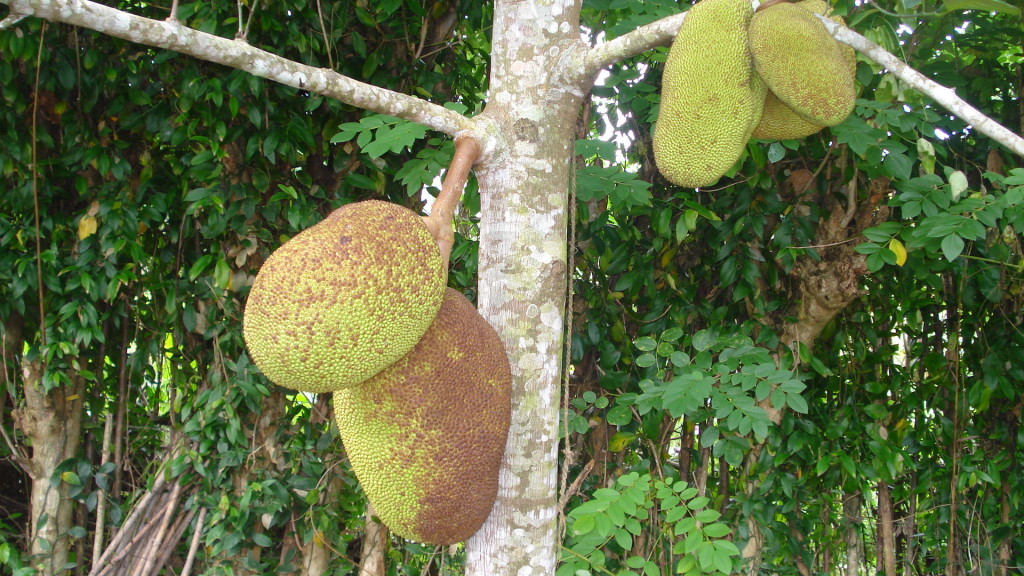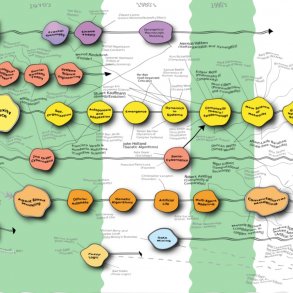By Susan Basterfield, originally published in Linkedin
an Enspiral Labs perspective…
Come! Stay!
I’d noted a post in the Reinventing Organizations Discourse in early April, an inquiry as to the existence of Teal Organisations in India. As I had recently been invited to speak at a conference in Bangalore in June, I pinged him for a chat.
Yash Papers, located just east of Lucknow, in Faizabad, Uttar Pradesh, was founded in 1981 by KK Jhunjhunwala. By all accounts, KK was a remarkable individual with a huge, but unfortunately weak heart — he passed in 2005 at 54. His wife, Manjula, equally remarkable, in 1998 founded an alternative school (think Montessori and Steiner) that serves over 3000 students in Faizabad. There was no pressure, then, on Ved, their first son, to live up to the contributions of his parents!
Mangalam Farm is in a mango orchard just south of Faizabad. The legend goes that KK was so attached to this place, which had been in the family for years, that he fought his brothers for it.
Ved and his wife, Kim McArthur, live here with their almost one-year-old Zara, and her older sisters (didis) Sargam and Vidia. In the morning, peacocks crow, and sometimes the blue cows appear in herds and romp through the orchard. It’s mango season, and I’m enchanted and a little overwhelmed by the many varieties. Breakfast ends in a competition for the biggest pile of mango skins on the plate.

We leave for the factory after breakfast, and a prompt arrival for 9AM assembly. Assembly is a company wide stand up that happens each morning, and starts with a small prayer. Around 100 members (as the staff are called) gather to hear yesterdays results—from the production numbers of each paper machine (there are three) to the water usage (of their onsite water treatment plant) to the power output and consumption of the bagasse (sugar cane waste) fuelling the onsite 2.5 MW Power Plant—which services the entire requirement of the plant.
Everything is transparent—the white boards that ring the assembly area show the daily results against targets—and as they are read out from the dais, there is gentle applause to each measurement area that has performed. For those on the shop floor or elsewhere on-site, the morning assembly is relayed via loudspeakers.

There is an air of relaxed seriousness, which I came to understand as shared purpose and commitment. Approximately 30% of everyone’s salary is based on the collective commitment to achieve. There is no difference between a machine operator or a sales person—everyone is held equally. And while salaries are not transparent (as yet) there is intention for this in the short term.
In 1999, Faizabad was beset by some of the worst inter-communal violence India has seen in recent times. A virtual martial law and curfew was imposed. This meant that many members couldn’t make it to the factory, and those who did needed to figure it out for themselves. A classic case of needs must—they needed to self-organise, and it worked. One of the legends of this time, who still serves at Yash Papers, is Mahavir Shekhavat, who heads Production also known as ‘The Mountain Mover” or Hanuman.

In India, myths and folklore are both ancient and contemporary. Yash Papers never forgot that time, and have persisted in the understanding that when individuals are given agency and autonomy, magic can happen.
It’s not always been easy—and it’s still not. The cultural norms of India, especially when it comes to hierarchy, are not easily changed, let alone bent. In Uttar Pradesh, it’s not easy to attract and retain individuals who are willing to stay and commit to live in a ‘backwater’ when the opportunities of Mumbai or Bangalore beckon. But what Yash Papers does have is a common purpose—and a set of values that differentiate it from probably 99% of other organisations in India.
When Ved read Reinventing Organizations, it spoke to him clearly:
Going through RO was an intense spiritual experience. I could feel constant vibration of my energy field each time I picked the book. So much so that I had to put the book down at times. It felt as if so many areas where we had tried and failed were being reinforced and we were being invited to go try again as there were people who had appeared to guide. I truly wish we can build a place where people are able to recognise their purpose and built towards it along with many others
Yash Papers is currently more Green than Orange, with flashes of Teal. But the intention and direction is clear. More autonomy, distributed decision-making, self-organising pods responsible to one another as peers from a commitment perspective, and completely free to make their own decisions about the way they work.
With this distributed autonomy, the advice process comes alive. Although not yet to the stage where all central services are distributed, teams like HR embed one of their own into each work group—go to team meetings, and serve. They are establishing new and heretofore non-existent policies around harassment (a self-selected group of 2 women and 2 men who are not ‘managers’ but member representatives) and conflict resolution processes. They see their work as the holders of a safe psychological space—the necessary ingredient for real trust and collective development.
Recently, pods have formed for each paper machine; the members that work on each are autonomously responsible for the way they organise and their production. Quality circles, with representatives from across the organisation meet weekly to work on self-selected projects.
Yash Papers use SAP, and I witnessed the project lead practically beg Ved for his involvement—to be the decision maker. Ved stoically and kindly pushed back—saying that the project had his support, but that there was no reason for him to be involved, and furthermore that he trusted the project lead implicitly, to make decisions based on advice.
Wholeness also plays a big part at Yash Papers. Again, in a culture where norms are respected, it’s not always easy or expected to bring all of yourself to work. But it is truly a desire—and it’s modelled in remarkable ways. The large majority of Yash Papers members are Hindu, but there is a real value placed on inclusivity—my visit coincided with Ramadan, and I was invited to a celebration for the breaking of the fast, Iftar. The mess was arranged with a large blanket in the middle, and we sat in a circle and broke fast with dates and mangoes and gram and other delicacies. In that circle were Muslims, but also Hindus, Sikhs, Christians and non-believers—sharing a connection, joyfully and respectfully.
This is an embodiment of the Yash Papers Value ‘Joy at Work’: Freedom of thoughts & decision…
Deepali, a bright and earnest female member asked me about wholeness. “Madam”, she said, “how do I bring all of myself to work?”
I replied “You choose to, you model it, and you practice holding a safe space for others to do the same”.
Orange organisations call a change of strategy a ‘pivot’. In Teal, it’s merely evolution of purpose. At Yash Papers, this is common practice—an environment that values experimentation. This can be unsettling for some—another change, just when we were getting used to the previous one. But they are truly iterations—and fearlessness. And the more practiced they become, the more natural it feels—to learn to feel the organism as that, to allow emergence, to sense and respond. Ved deftly and patiently holds that space.
I have been at once quietly stunned, and not at all surprised by what I have witnessed in Faizabad. Not surprised because we know that we share a common longing for connectedness, a sense of purpose, and a way of being with our work that does not diminish but enhances, does not extract but sustains. What did surprise and humble me is that this can be true in India, where neither life nor business is ‘easy’ by the Western definition. The impulse persists, and the pulse itself beats so strongly in those who perhaps daren’t believe that it’s possible for them—until they try. Until they collectively build and infuse their own environment with a sense of possibility and wholeness.
Perhaps it takes a visionary like Semler or deBlok or Rufer—if so, Ved Krishna stands beside these vanguards. If not, the members of Yash Papers have themselves created a uniquely expressed opportunity for Teal emergence in India.
Featured Image/graphic link added by Enlivening Edge from dayasagro.com.





Thank you Susan – it is encouraging and inspiring to read this.